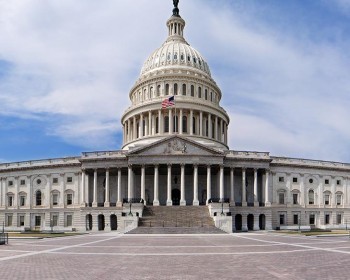Thanks to a lot of hard work over many decades by our community-based broadband providers, more than 80% of customers served by NTCA members on average today have access to downstream speeds of at least 100 Mbps, capable of supporting multiple devices needed to work and learn from home, HD video streaming and even online gaming. But our work is far from done—there are customers still left to reach with better broadband and the ongoing act of serving customers involves far more than network construction alone. NTCA has long believed that consistent with the timeless principles of universal service, every American should have access to robust and reliable voice and broadband services at affordable rates.
Congress plays a huge role in achieving this vision, and at a time when there’s so much focus on how to reach millions of rural Americans still awaiting quality broadband access, our members’ leadership to date continues to shape our priorities for the future.
Here is what we are encouraging lawmakers to focus on in the months ahead, as communicated in a letter I sent to members of the 118th Congress.
- Direct the FCC to ensure sustainable and affordable connectivity by implementing key Universal Service Fund (USF) enhancements currently under consideration, continuing to support the Affordable Connectivity Program and Lifeline efforts and updating the USF contribution mechanism so all that use or benefit from improved nationwide broadband access and affordability support this goal.
- Ensure effective and efficient use of broadband infrastructure funding by not taking any shortcuts in mapping, addressing concerns about coordination among programs, leveraging proven technologies and providers and relaxing strict Build American/Buy American and other procurement and wage-related provisions that do not reflect the marketplace in rural areas.
- Align tax policies with goals for broadband investment by passing the Broadband Grant Tax Treatment Act to ensure broadband infrastructure funding is not considered taxable income and sustaining favorable tax treatment for accelerated or “bonus” depreciation.
- Target right-sized regulation to where it is needed by promoting collaborative approaches to privacy and cybersecurity, removing undue burdens on smaller businesses such as the extension of Sarbanes-Oxley reporting requirements, and easing delays of a year or more in obtaining necessary permission for construction of broadband infrastructure.
Our members are poised and ready to keep up the momentum they have gained over many decades of service to our country as community-based providers building Smart Rural Communities and we believe this policy blueprint—with its focus on four overarching themes—charts a course for us to realize our shared vision of affordable and sustainable broadband access for all.


